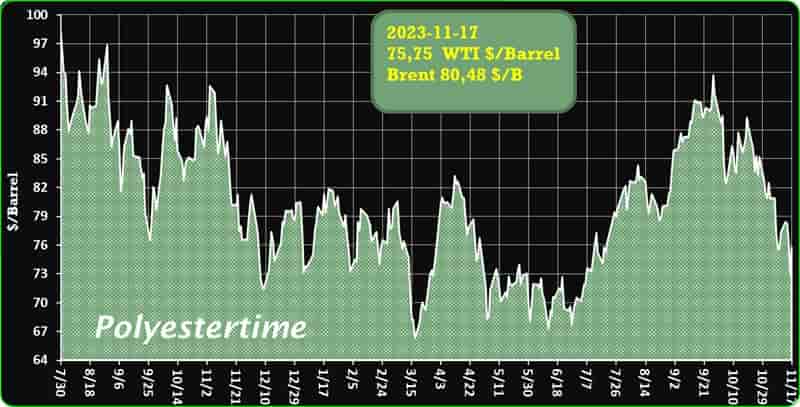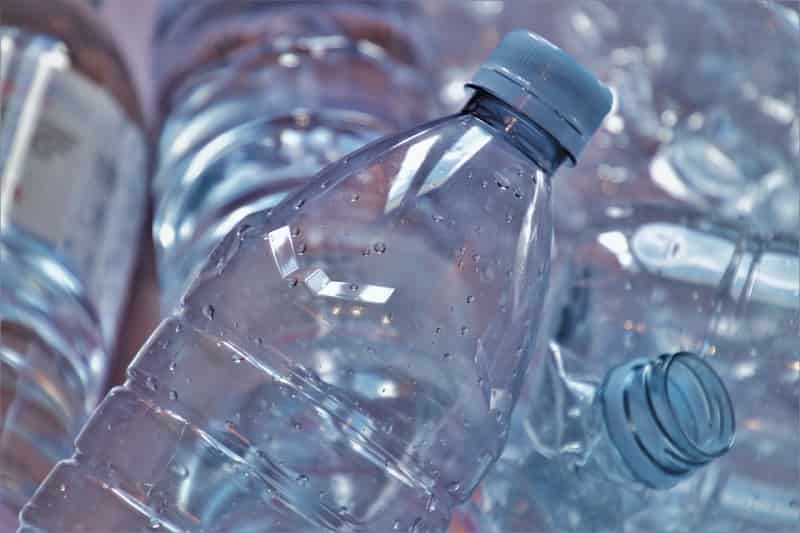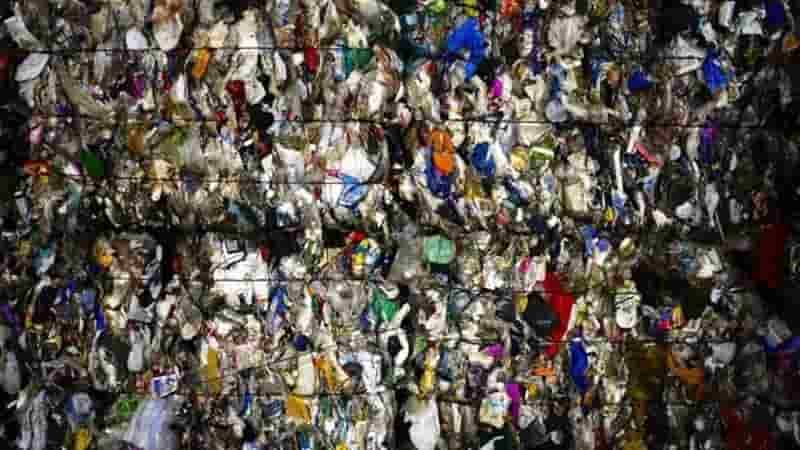Indorama Ventures Public Company Limited (IVL), a global sustainable chemical producer, reported stable third-quarter earnings as the company’s management focuses on conserving cash and improving competitiveness to bolster performance in a continued period of weakness in the global chemical industry.
Indorama Ventures achieved EBITDA of $324 million in 3Q23, an increase of 1% QoQ and a decline of 37% YoY, impacted by a weak economic environment, geopolitical tensions, and continued post-pandemic disruptions in global markets. recycled content
Sales volumes dropped 5% from a year ago to 3.6 million tons as China recovers from the pandemic more slowly than expected and an extended period of destocking in the manufacturing and chemical sectors continues to normalize from unprecedented levels last year. Management continues to focus on conserving cash, realising efficiency improvements, and optimising the company’s operational footprint to boost profitability. These efforts resulted in positive operating cash flow of US$410 million in the quarter, positive free cash flow of $79 million year to date, and room for further reductions in working capital going forward. The company’s AA- rating was maintained by TRIS in the quarter, with a stable outlook. The company expects the operating environment to improve in 2024 as customer destocking continues to ease across all three of Indorama Ventures’ segments. The ramp up of PET and fibers expansion projects operations in India and the U.S. will also contribute to increased volumes. recycled content
Combined PET posted EBITDA of $146 million, a 25% decline QoQ, amid historically low benchmark PET margins, increased feedstock prices in Western markets, and lingering effects of destocking. Integrated Oxides and Derivatives (IOD) segment posted a 27% rise in EBITDA to $119 million QoQ, supported by strong MTBE margins in the Integrated Intermediates business. The Integrated Downstream portfolio’s profitability was impacted by destocking, inflationary pressures, and margin pressure from imports. Fibers segment achieved a 140% increase in EBITDA to $48 million QoQ as Lifestyle volumes grew in key markets in Asia, and the Mobility and Hygiene verticals benefited from management’s focus on optimizing operations and refocusing the organization.
Mr DK Agarwal, Deputy Group CEO of Indorama Ventures, said, “I am pleased to report that we are making meaningful progress on the management actions that I mentioned in the last quarter. recycled content
In the short term, these are resulting in positive free cash flow generation, while in medium term we continue to defend aggressively our first-quartile cost position to emerge with enhanced profitability post the return to normalization in 2024 from the challenging operating environment that the industry faces. I must admit it is surprising that global inventory levels have yet to reach optimum levels, including our own, as the value chains in our segments de-leverage against higher operating costs, especially in Europe and in general from steep interest costs that we feel may stay at peak levels for longer. We are adjusting our global footprint to meet the anticipated supply/demand environment and trade flows to ensure we continue to provide our customers with competitive and reliable offerings and are aligned in providing best-in-class sustainable solutions.”
Visit Indorama
More…

“Navigating the Path to a Circular Economy: IDTechEx Explores Sustainable Polymer Technologies”
In the global pursuit of a circular economy, governments, brands, materials suppliers, and the public are rallying to address the escalating threat posed by surging plastic consumption. The Organisation for Economic Co-operation and Development (OECD) predicts a doubling of global plastic consumption by 2050, accentuating the urgency for sustainable polymer solutions. IDTechEx, a leading research firm, sheds light on the pivotal role played by various stakeholders in propelling the polymer industry towards greater sustainability. recycled content
Four influential groups are steering the drive for sustainable polymers: governments, retailers or brands, non-governmental organizations (NGOs), and the public. Regulatory measures, investments, pledges, and consumer behavior are all contributing factors, with the enforcement and monitoring of regulations likely to wield the most significant influence. A notable development occurred in 2023, as representatives from 180 countries gathered in Paris to discuss a treaty aimed at curbing global plastic pollution.
Addressing the call for sustainable plastics necessitates innovations across the entire polymer value chain, encompassing chemical suppliers, end-users, and recyclers. IDTechEx delves into these innovations, exploring alternative feedstocks such as carbon dioxide (CO2) and biobased inputs, alongside production processes like white biotechnology. The application of these sustainable polymers, especially in high-demand sectors like packaging, is crucial. Furthermore, the end-of-life recycling, through both established mechanical processes and emerging advanced recycling methods, plays a vital role in establishing a truly circular economy. recycled content
The transition to sustainable polymers encounters various technical and economic challenges, contingent on factors like product properties, the “green premium,” and the ability to decouple pricing from traditional raw materials. IDTechEx delves into the technological developments, challenges, and outlook for innovations spanning the entire polymer value chain.
Biobased feedstocks, including carbon dioxide, bacteria, and others, take center stage in the quest for sustainability. Carbon capture and utilization technologies hold the promise of transforming polymer production into a carbon-negative industry. While challenges persist, government support, investments, and technological advancements signal a positive trajectory. recycled content
The bioplastic industry, driven by demand for sustainable polymers, is expected to grow at a 10.1% compound annual growth rate over the next decade. Notable advancements include the production of biodegradable water bottles using polyhydroxyalkanoates (PHAs), showcasing the industry’s potential to compete with traditional plastics.
White biotechnology emerges as a promising area for converting biobased feedstocks into commodity chemicals and materials. Though faced with historical challenges, advancements in synthetic biology provide new possibilities for industrial production using living cell factories.
The application of sustainable polymers in end markets, particularly packaging, presents unique challenges. The sustainable packaging market is evolving rapidly, with increasing regulations on single-use plastics driving the adoption of recycled and biobased materials.
Chemical recycling, despite controversies surrounding its environmental impact, offers a valuable pathway for enhancing the value of end-of-life plastics. With major players entering the market, the mid-term growth of chemical recycling is inevitable, though subject to ongoing scrutiny. recycled content
In conclusion, the outlook for sustainable polymer technologies is optimistic, driven by the imperative to address plastic consumption and stringent government regulations. As sustainability becomes a corporate and consumer priority, the plastic circular economy is poised to gain momentum, albeit with challenges to overcome in transforming the petrochemical market. IDTechEx remains vigilant, closely monitoring developments in this dynamic landscape.




